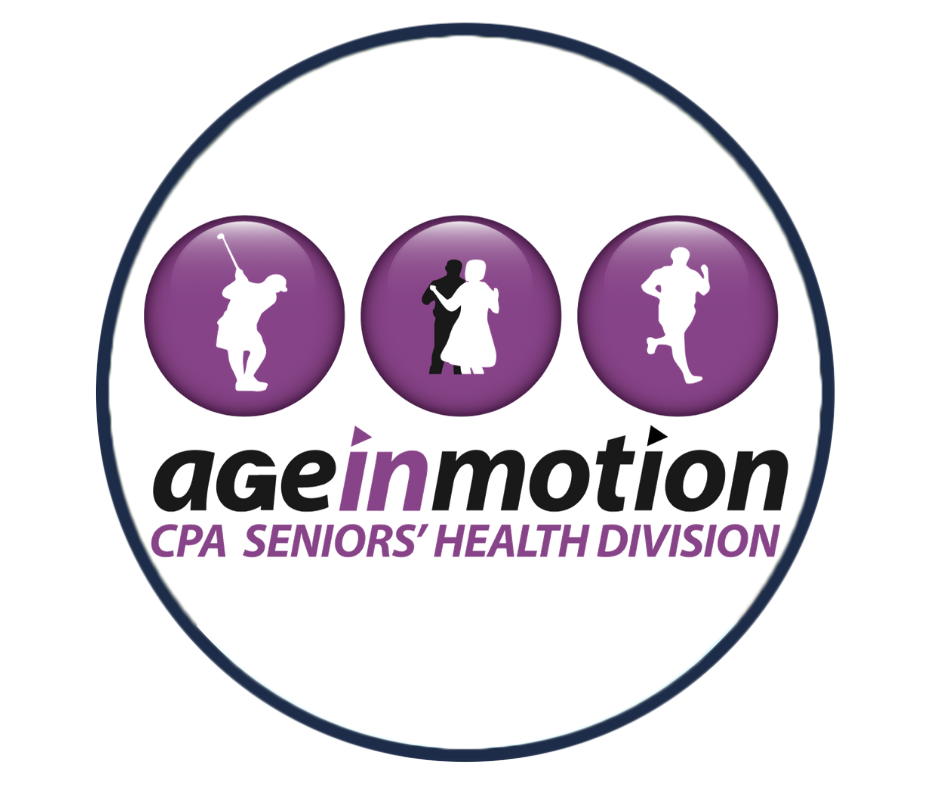Bridging the Digital Divide: Ethical and Equitable Technology Access for Older Adults

Bridging the Digital Divide: Ethical and Equitable Technology Access for Older Adults
This course includes
Overview
This online course will explore the critical issue of ethical and equitable technology access for older adults. As technological advancements continue to evolve, ensuring that older adults have fair and inclusive access to these technologies is essential for improving their quality of life.
Despite the potential benefits, there are significant challenges and gaps in current knowledge that hinder the effective translation and application of these technologies in clinical practice.
Strengths/Weaknesses in Current Knowledge Base
- Strengths: There is growing recognition of the importance of addressing digital equity, with various initiatives and research highlighting the benefits of technology for older adults.
- Weaknesses: However, existing research often falls short in providing actionable strategies for overcoming barriers such as affordability, usability, and accessibility. Additionally, ethical considerations around privacy and consent remain underexplored.
Existing Barriers to Translation/Application
- Technological Barriers: Many older adults face difficulties in accessing and using new technologies due to a lack of digital literacy or inadequate device adaptations.
- Economic and Social Barriers: The cost of technology and disparities in internet access can further limit equitable access.
- Ethical Concerns: Ensuring privacy and informed consent, while addressing the potential for misuse or unequal treatment, are ongoing challenge.
Presenter: Dr. Mirella Veras
Dr. Mirella Veras is an Assistant Professor in the Department of Physical Therapy at the University of Manitoba. With over 20 years of experience in clinical education and research across South and North America. Her research focuses on leveraging artificial intelligence and digital solutions to enhance mobility, autonomy, and independence for older adults. Dr. Veras has published on the ethical and equitable integration of technology in rehabilitation, making significant contributions in the field. Her work aims to ensure that technological advancements in health are accessible and beneficial to all, regardless of socioeconomic status or geographic location.
The instructors


The Seniors’ Health Division (SHD) is a special interest group within the Canadian Physiotherapy Association. SHD is committed to providing members with services related to older adult health and physiotherapy practice.
It is comprised of physiotherapists from across Canada who work with older adults in a variety of practice settings, including acute geriatric care, geriatric rehabilitative and restorative units, long term care settings, community based and home care settings.
SHD is a member of The International Association of Physical Therapists working with Older Persons.
Vision of the Seniors' Health Division: Older Canadians are moving, moving more and moving better with the help of physiotherapists.
Mission of the Seniors' Health Division: To support our members in providing excellent physiotherapy care to optimize the independence and quality of life of older adults.
Material included in this course
-
Bridging the Digital Divide: Ethical and Equitable Technology Access for Older Adults
-
Welcome!
-
What is the Digital Divide?
-
Familiarity and Digital Literacy
-
Results of Rapid Review on Telerehabilitation for Older Adults
-
Digital Barriers/Solutions
-
Equity and Access Considerations
-
Conclusion
-
End Discussion
-
Feedback
Is a certificate of completion included with this course?
Once you have completed the course, a certificate of completion (including learning hours and course information) will be generated. You can download this certificate at any time. To learn more about course certificates on Embodia please visit this guide.
This can be used for continuing education credits, depending on your professional college or association. If this course has been approved for CEUs in specific jurisdictions, it will be noted on the course page and CEU information may be added to your course certificate. Please read this guide for more information.
I'm a member of the Canadian Physiotherapy Association (CPA). What are the discounts available to CPA Members on Embodia?
As part of our partnership with the CPA, we offer its members discounts on courses and Embodia Memberships. Learn more about the partnership on this page.
In order for the discount to be applied, you first need to authenticate your CPA membership. This is an important step as this is how Embodia 'knows' that you are a CPA member.
To authenticate as a CPA member, you need to sign in the CPA portal on this page, sign in to your CPA account, and then click the button on the page.
Please note that your email address on your CPA account must match your email address on Embodia. If needed, you can update your information on Embodia as outlined in this guide.
